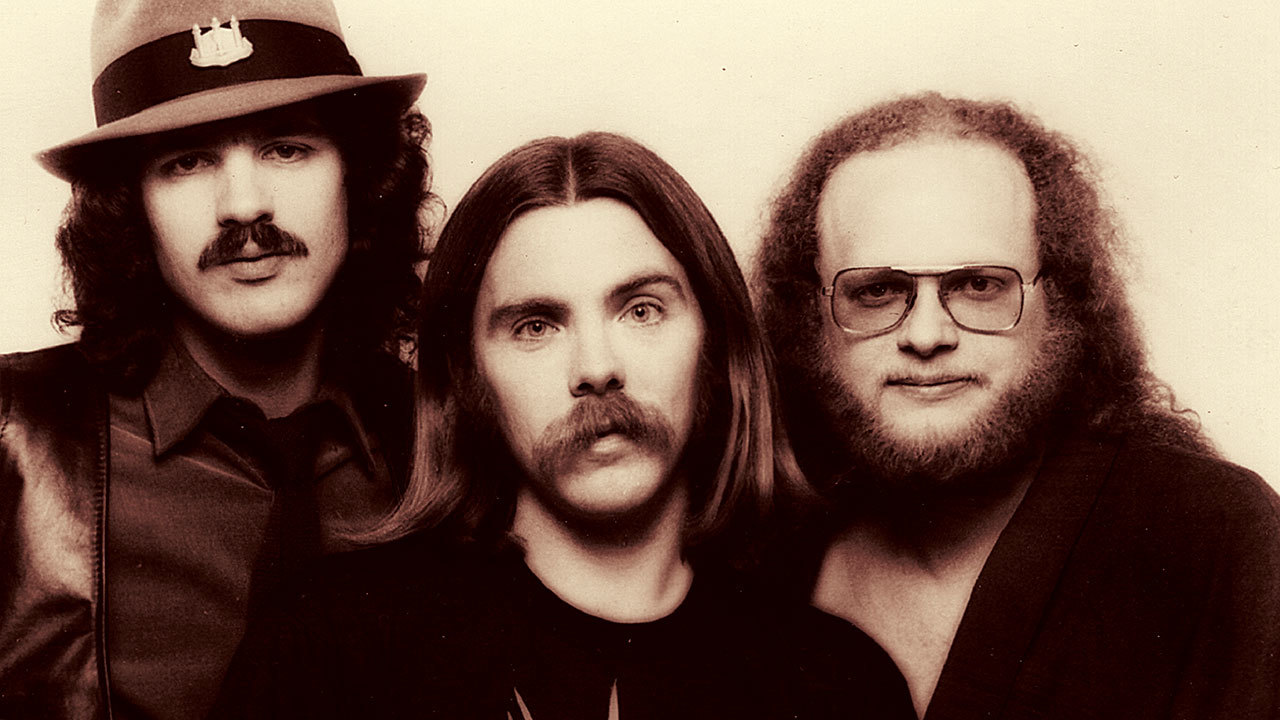Count Arthur
Major Contributor
- Joined
- Jan 10, 2020
- Messages
- 2,944
- Likes
- 7,413
There’s something a bit unnerving about the idea of those CDs.
You could put such an enormous amount of information on such a single CD, which also means a staggering amount of information (movies or whatever you put on there) is lost if the CD gets scratched fails or lost!
It’s much more likely you could lose a single CD or even a few back up CDs, then you would lose an entire collection.
I don't think that's a real concern. Most of us manage to keep track of similarly small, but important items, passports, driving licences, bank cards, etc..
Even an ordinary external hard drive is not so physically large that you couldn't misplace it.


